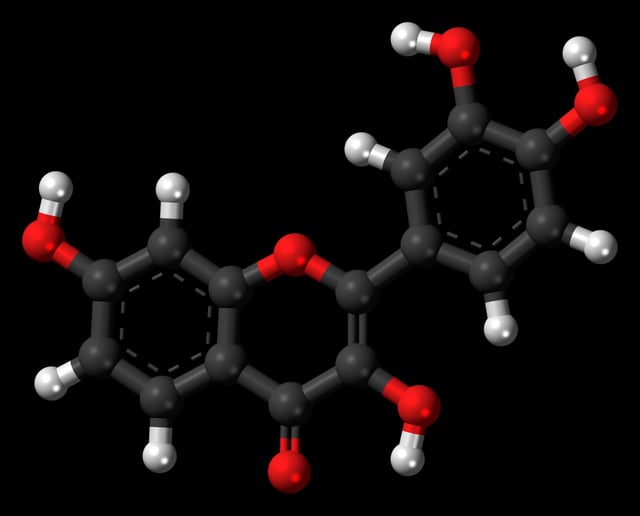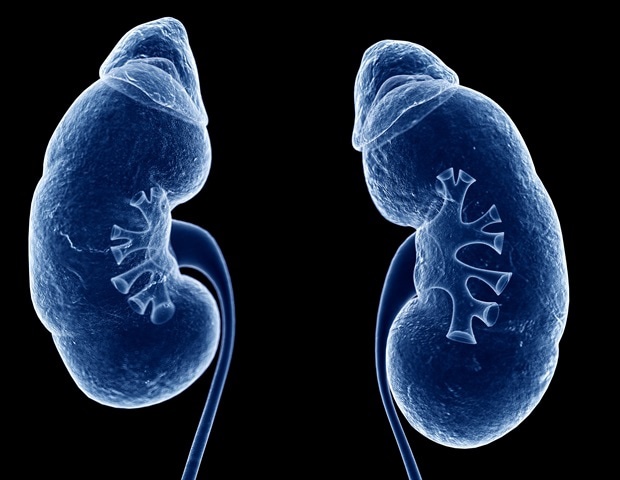Overview
- Preclinical studies in human and mouse models demonstrate fisetin’s ability to inhibit vascular smooth muscle cell calcification by suppressing the p38 MAPK pathway via the DUSP1 protein.
- Researchers found that fisetin reduces calcium buildup in cells exposed to dialysis serum and protects against calcification in mice treated with high doses of vitamin D.
- The study underscores the importance of DUSP1, as blocking this protein nullifies fisetin’s protective effects against calcification.
- Fisetin, a natural compound found in fruits and vegetables, is already available as a dietary supplement but lacks formal clinical validation for vascular health benefits.
- Experts call for human clinical trials to evaluate fisetin’s safety and efficacy in preventing vascular calcification, a key factor in cardiovascular risks associated with aging and chronic kidney disease.

